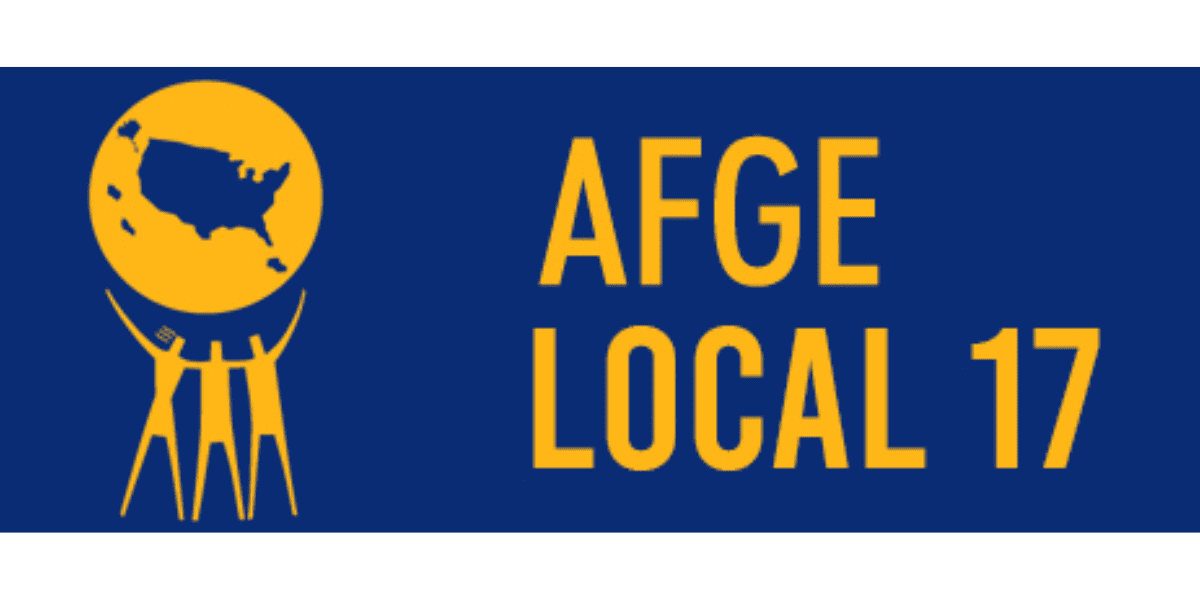When Angel Krempa, a 23-year-old Starbucks shift supervisor in Depew, New York, shared research on unionization with her coworkers, her work hours were suddenly limited and changed three times during her unionization effort. She was also denied “keyholder” coverage and could no longer run a shift.
This isn’t an isolated incident. Earlier this month, a Starbucks store in Memphis fired seven employees—now known as the Memphis 7—seeking to unionize. The company declared that the firings were unrelated to their unionizing efforts, but Starbucks Workers United, the group helping Starbucks stores unionize, said the company is engaging in union-busting tactics. The fired employees include five out of the six union committee leaders and two pro-union workers, The Washington Post reported.
“Unionizing can be extremely intimidating, especially when you work for such a large corporation that can and will replace you in a second,” Krempa said.
Unfortunately, Starbucks isn’t the only large company actively investing in anti-union efforts. Amazon has a history of “crushing” unions, and Target recently started putting managers through union-busting training.
“It is absurd and disgusting,” Krempa said. “We stand in solidarity with the workers at Target who may not understand the toxic environment they are currently in and for those at Target that realize it and are actively fighting for a better workday for their coworkers.”
As the pandemic wears on and continues to affect workplaces, support for unions is growing across the U.S., with 65% of Americans in support of labor unions. However, employers are resistant to worker unionization to maintain autonomy and control, prioritize profits by minimizing pay and benefits offered to workers, and keep workers’ bargaining power in check.
“It is not surprising how the right to unionize in the U.S. has been effectively canceled by the combination of legal and illegal intimidation tactics deployed by employers,” said Lola Loustaunau, a Ph.D. candidate at the University of Oregon Department of Sociology, who studies and writes about workers and collective organizing.
While workers might still formally be allowed to unionize, employers are allowed to provide inaccurate information regarding unions and workers’ rights, create long intimidation campaigns in which workers are forced to listen to consultants who are explicitly being paid to prevent them from unionizing during work hours and are not allowed to distribute their own information/ If they call out any of the incorrect information that union-busting consultants are providing, they risk retaliation, she explained.
Is union-busting legal?
Most workers have a legally protected right to start, join, or support a union, and typically union-busting is illegal, but employers with big pockets are finding covert ways to slow down unionizing efforts.
It is not illegal for employers to lie about the “consequences” of unionizing, and while it might be illegal to retaliate by firing those who are organizing, the legal remedy for these situations is very limited and does not erase the immediate consequences of those actions on the workers who are fired (immediately losing their employment and income) and organizing (intimidating the remaining workers).
“The legal structure is so stacked against workers that the ability to win a unionization campaign today has less and less to do with workers’ explicit will to exercise their rights to have a union, and more with employers’ willingness to let them do so,” Loustaunau said.
Lack of awareness is also a problem, especially among newer and low-wage workers. “Workers need to be aware they do have rights in this country even though it can be difficult to exercise those rights to form and join a union to improve their working situation,” said Marcus Courtney, a former organizer and president of WashTech/CWA who started organizing tech workers in 1998. Fortunately for workers, “The National Labor Relations Board, which governs union elections, is the most pro-labor board in decades and is a very strong advocate right now in defending the right of workers to exercise their fundamental rights,” he added.
Start small
Unions don’t happen overnight, nor are they busted in a day. So one of the best pieces of advice for workers considering organizing is to take it slow and start super small.
People won’t just jump on a bandwagon to join a union, Courtney said. First-time organizers have a lot of questions that need to be answered before workers can truly see the benefits of unionizing and fully commit to the cause. “You saw this in the Starbucks union campaigns where workers have been going store-by-store talking to 20-30 people at a time,” he said. So start small, within your local community and build toward something bigger, he advised.
Focus on relationship building
While working out the legal challenges is, well, a challenge, Matthew Mihalich, a Tully Rinckey attorney practicing labor and employment law, suggests leveraging relationships to make organizing more effective. “Worker power is about relationships and people coming together to fight for each other,” he said. “If you want to unionize, you must build positive, enriching relationships with people; you are asking each other to do something frightening and difficult, and it takes trust in one another to do that.”
Mihalich says union-busting workshops and union avoidance campaigns try to capitalize on mistrust or division, so a sense of trust and safety among coworkers is crucial for successful unionization.
The need for a worker-employer collaboration
When Alyssa Sperrazza, a 26-year-old Starbucks barista and a member of the 63rd and Grand Union Committee in Oklahoma City, was asked by her coworker to help form a union, she showed no hesitation.
“I’ve seen how this pandemic has highlighted the much needed reform within the service and retail industries,” she said. “If I have even a small role in bringing that change about, I consider it well worth the headache it’s been.”
However, workers’ efforts and commitment alone aren’t enough to bring about the change to the workplace. Successful unionizing doesn’t happen in isolation. Commitment to unionizing for fair work policies plays a key role, both from the workers’ and the employers’ sides.
Sperrazza believes higher-ups need to realize this is not a us vs. them situation. “I hope Starbucks realizes the opportunity afforded to them to set an example and redefine what it means to have a company such as theirs, one that offers even more dignity to workers in the service industry.”
Because at the end of the day, unionizing benefits everyone—the workers, the employers, and even the community as a whole. Unionization plays a key role in reducing inequality with regards to race and gender, benefits public health by improving health care and workplace conditions, supports democracy outside of the workplace, and helps increase wages even for those not in unions, said Alex Wolf-Root, a founding member at United Campus Workers Colorado and vice president candidate of CWA Local 7799. The best part for employers? It also increases productivity! It’s a win-win.




